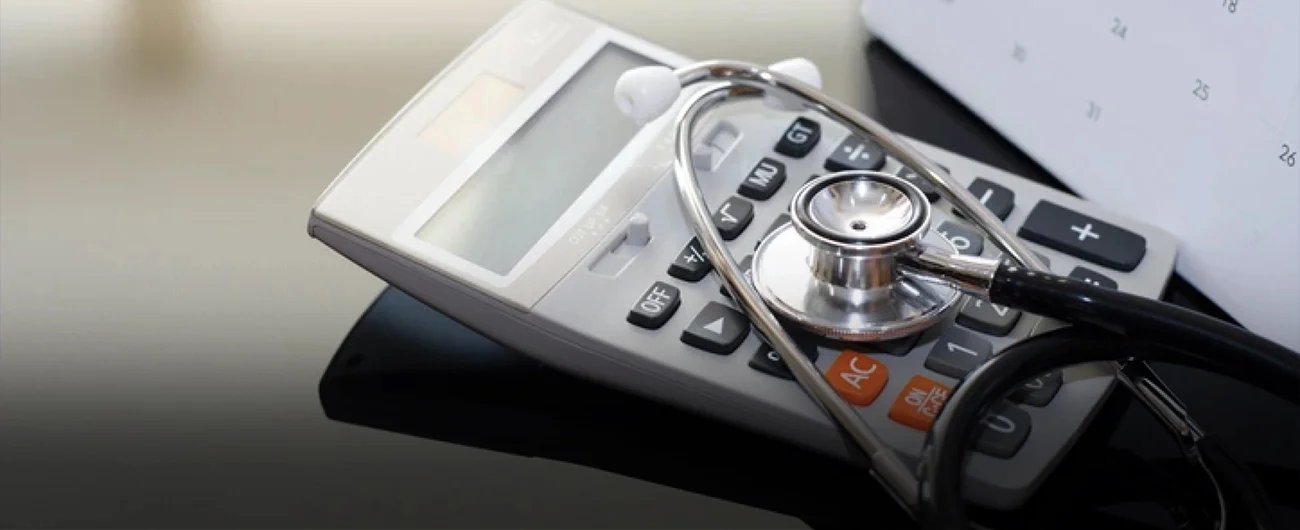
Health insurance is quite a financial necessity these days, providing cover against various medical expenses that can often prove to be very heavy in terms of costs. For taxpayers in India, health insurance premiums come as an added benefit with regards to tax benefits under the Income Tax Act, 1961, Section 80D. This section will prove to be helpful since it allows individuals and their families to save on their taxes while keeping their health coverage intact. Let us further explore Section 80D in detail, including details on eligibility, limits, and the types of deductions available.
By submitting your details, you agree to PNB MetLife's Privacy Policy and authorize PNB MetLife and/or its authorized service providers to verify the above information and/or contact you to assist you with the policy purchase and/or servicing. You have the option to opt-out of this contact authorization by un-checking the box. The authorization provided by you herein will supersede all earlier authorizations/registrations made by you in this regard.
Section 80D of the Income Tax Act allows relief on money spent on health insurance schemes. It is extendible to both individuals and HUFs. For many other tax-saving deductions, it is a rather non-incentive aspect that taxpayers do not go in for. In sharp contrast, Section 80D deductions incentivize citizens to invest in health security.
Besides offering financial protection during medical emergencies, this provision reduces the tax burden, hence enabling taxpayers to retain a larger percentage of their earnings while prioritising health.
In order to claim deductions under Section 80D, the taxpayer shall fulfil the following conditions
Section 80D is probably confused with the other deductions available under Income Tax, specifically Section 80DD and Section 80DDB, which both entail tax reliefs with respect to health expenses, but for different purposes.
The amount spent on a health check-up is the deduction permitted under The Income Tax Act, 1961, while allowing a preventive health check-up under Section 80D. The government, in the financial year of 2013-14, introduced this section into the tax. Tax savings make an individual adopt the better approach of keeping healthy not to let any diseases aggravate or come to birth. According to Section 80D, preventive health check-ups will enable one to claim deductions of up to ₹ 5,000. One is permitted to claim deductions of payments made towards oneself and others, such as spouses and dependent children or parents, under this category of Section 80. A person can pay preventive health check-ups in cash.
Section 80D encourages health and financial security by offering tax benefits and Capital Guarantee Plus that makes health insurance a more worthwhile investment. Any knowledge regarding eligibility criteria, limits, and allowable deductions under Section 80D will thus help taxpayers optimise benefits and obtain relief while paying health insurance premiums.
Premium paid on health insurance and cost incurred towards preventive health check-up can be deducted under Section 80D.
An individual and Hindu Undivided Family (HUF) can claim deduction from taxable income under Section 80D. A person can claim deduction for health insurance premium and expense against preventive health checkup for self, spouse, dependent children and parents. This is-subject to the terms and conditions mentioned in the Section 80D of the Income Tax Act, 1961.
Disclaimer:
The aforesaid article presents the view of an independent writer who is an expert on financial and insurance matters. PNB MetLife India Insurance Co. Ltd. doesn’t influence or support views of the writer of the article in any way. The article is informative in nature and PNB MetLife and/ or the writer of the article shall not be responsible for any direct/ indirect loss or liability or medical complications incurred by the reader for taking any decisions based on the contents and information given in article. Please consult your financial advisor/ insurance advisor/ health advisor before making any decision.
PNB MetLife India Insurance Company Limited
Registered office address: Unit No. 701, 702 & 703, 7th Floor, West Wing, Raheja Towers, 26/27 M G Road, Bangalore -560001, Karnataka
IRDAI Registration number 117 | CIN U66010KA2001PLC028883
For more details on risk factors, please read the sales brochure and the terms and conditions of the policy, carefully before concluding the sale.
Tax benefits are as per the Income Tax Act, 1961, & are subject to amendments made thereto from time to time.
Please consult your tax consultant for more details.
Goods and Services Tax (GST) shall be levied as per prevailing tax laws which are subject to change from time to time.
The marks "PNB" and "MetLife" are registered trademarks of Punjab National Bank and Metropolitan Life Insurance Company, respectively. PNB MetLife India Insurance Company Limited is a licensed user of these marks.
Call us Toll-free at 1-800-425-6969, Website: www.pnbmetlife.com, Email: indiaservice@pnbmetlife.co.in or Write to us: 1st Floor, Techniplex -1, Techniplex Complex, Off Veer Savarkar Flyover, Goregaon (West), Mumbai – 400062, Maharashtra.
Beware of Spurious Phone Calls and Fictitious / Fraudulent Offers! |
 Get Trusted Advice
Get Trusted Advice